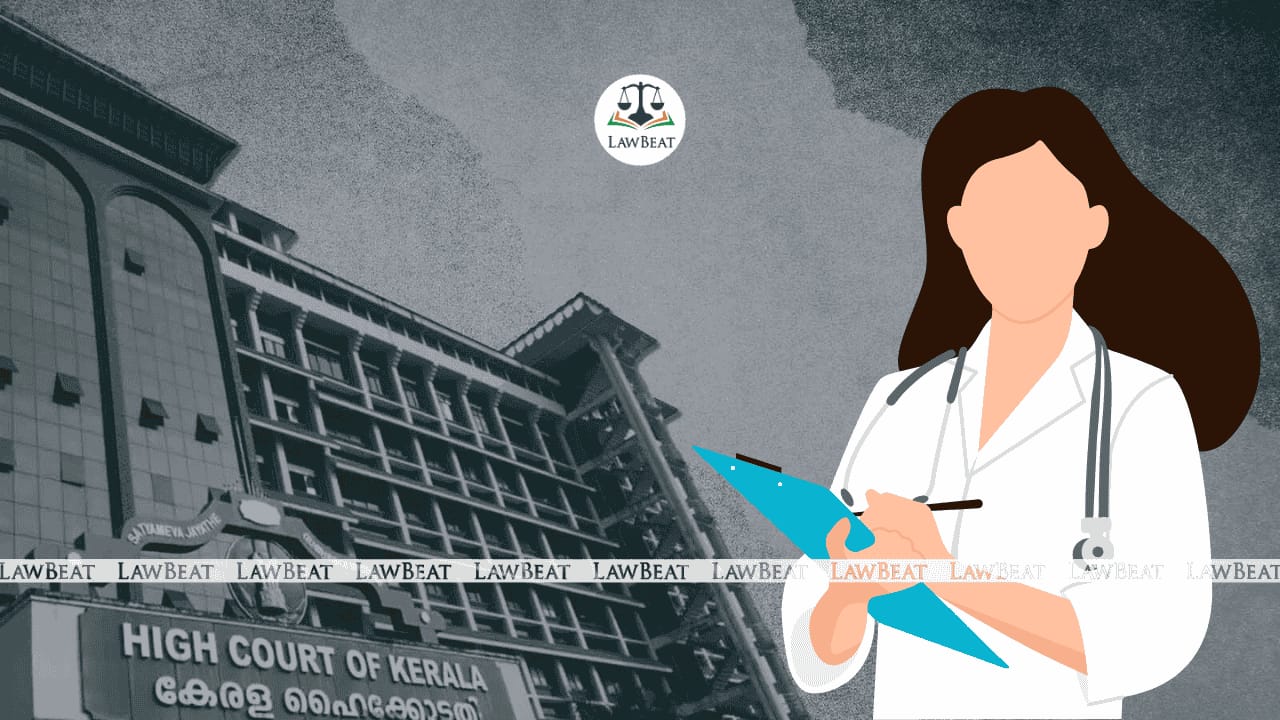"Morale of Doctors is the Backbone of Health Care": Kerala HC Quashes Case Against Doctor Accused of Refusing Examination of Minor Victim

The court quashed the criminal proceedings against the doctor but directed a departmental enquiry to determine the veracity of the allegations against her
Emphasising that the “morale of doctors is the backbone of health care”, the Kerala High Court has quashed criminal proceedings against a doctor accused under Section 166B of the Indian Penal Code (IPC), for allegedly refusing to examine a minor victim who had gone missing and failing to issue a medical certificate.
Justice P.V. Kunhikrishnan, presiding over the court, ruled that the statutory requirements for invoking the provision were not met, but underscored the need for departmental and police enquiries into the allegations.
The case arose when a 17-year-old girl, reported missing for over a month, was found and brought by the police to a government hospital for medical examination. Allegations were levelled against the petitioner, a senior medical officer, accusing her of refusing to examine the girl, verbally abusing the victim, her mother, and the police, and sending them away without issuing a medical certificate. Later that evening, when the police returned to the hospital, the doctor had already left. Eventually, another doctor issued the medical certificate at 11:20 PM. The police registered a case under Section 166B of the Indian Penal Code (IPC), which penalizes hospital authorities for failing to provide treatment to victims of specific offences as mandated under Section 357C of the Criminal Procedure Code (CrPC).
The petitioner denied these allegations, asserting that she was attending an emergency procedure in the labor room at the time. The petitioner maintained that the medical certificate had been prepared and that the police and the victim had left without collecting it. She also produced hospital records to substantiate her claims, including evidence of emergency medical duties.
The petitioner contended that the minor did not fall under the categories specified in Section 357C of the Criminal Procedure Code (CrPC), which mandates immediate medical treatment for victims of certain offences like sexual assault. Hence, Section 166B IPC, which penalizes contraventions of Section 357C, was not applicable. The petitioner further claimed that the case was fabricated by the police to falsely implicate her.
The court ruled that the charges under Section 166B IPC were not sustainable as the minor was not a victim of offences listed under Section 357C CrPC. “Admittedly, the victim produced by the Police before the petitioner herein is not a victim of any offence covered under Section 326A, 376, 376A, 376AB, 376B, 376C, 376D, 376DA, 376DB or Section 376E of IPC. If that be the case, the offence under Section 166B of the Indian Penal Code is not attracted, even if the entire allegations are accepted. To attract an offence under Section 166B IPC, contravention of Section 357C of the Criminal Procedure Code is necessary,” the court highlighted.
The court observed that the doctor’s alleged refusal to examine the victim and her subsequent behaviour, if proven true, raised significant concerns. While quashing the criminal proceedings on technical grounds, the court emphasised that “at least departmental action is necessary against her”. In furtherance, the court directed the Director of Health Services to conduct an enquiry.
Additionally, the court directed the State Police Chief to appoint a competent officer to investigate the doctor’s claim of fabrication by the police, stating, “the police officer’s badge is known as a symbol of trust, honour, and courage. To prove the same, an enquiry by a competent officer … is also necessary.”
Cause Title: Dr. Beena Bahuleyan v. State of Kerala [CRL.MC No. 4723 of 2018]
Appearances: Petitioner’s Counsel: Advocates Shyam Padman and team; Prosecution Counsel: Senior Public Prosecutor Renjith T.R.
